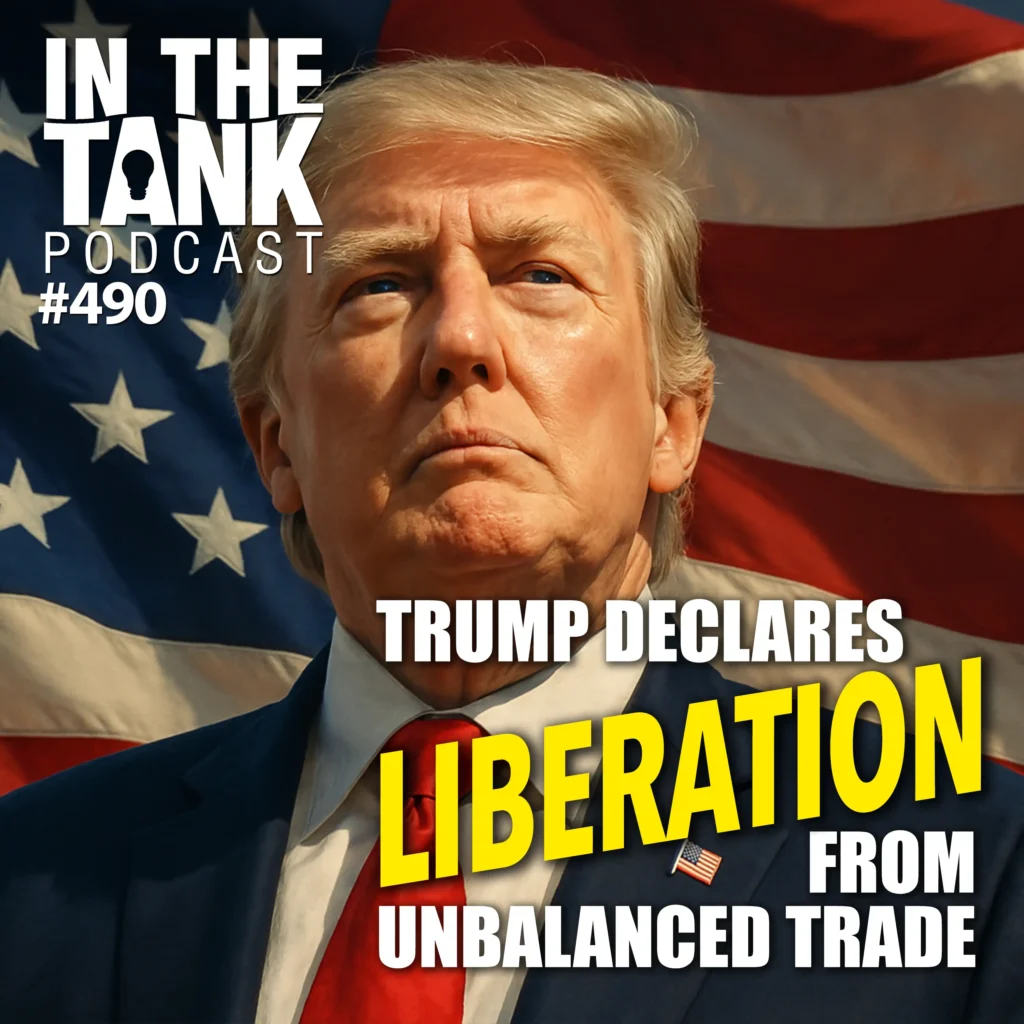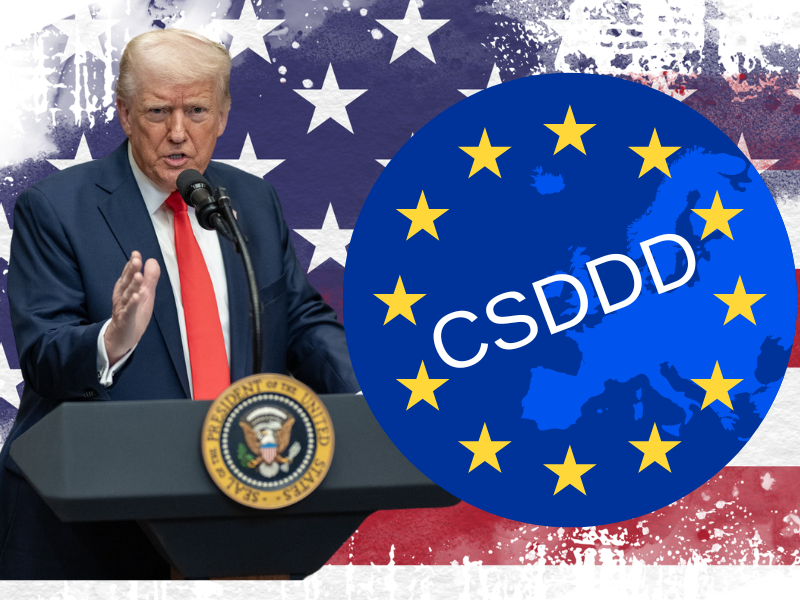The overseas activities of U.S. information technology firms have come under increasing scrutiny as the U.S. Senate considers regulating the firms more closely.
The matter was raised at a May 20 hearing of the Subcommittee on Human Rights and the Law of the U.S. Senate Committee on the Judiciary. The hearing focused on “Global Internet Freedom: Corporate Responsibility and the Rule of Law.”
Discussed at the hearing was the extent to which U.S. Internet companies such as Google, Cisco, and Yahoo may be facilitating repressive regimes’ efforts to censor free expression on the Internet.
“U.S. companies face difficult challenges when dealing with repressive governments,” said Sen. Dick Durbin (D-IL), chairman of the subcommittee, in his opening statement. “However, these companies have a moral obligation to protect freedom of expression, a fundamental right that has enabled them to make billions of dollars. There is no question that they have fallen short of the mark on more than one occasion.”
Durbin later added, “If American companies are unable to regulate themselves effectively, it may be time for Congress to step in.”
Regulations Proposed
A bill by which Congress might “step in” is the Global Online Freedom Act (HR 275) introduced by Rep. Christopher Smith (R-NJ) in January 2007. The measure would make it a crime for U.S. companies to disclose personal information to governments of identified Internet-restricting countries.
In addition, HR 275 would create a right for aggrieved individuals to file suit against these companies, prohibit companies from blocking U.S. government sites, set up a State Department Office of Global Internet Freedom to which these companies must report, and establish civil penalties up to $2 million for violations of any of these requirements.
The Global Online Freedom Act has seen little movement in Congress since its introduction. Human rights groups, including Amnesty International, Human Rights Watch, and the China Information Center, are pushing for Congress to pass it quickly so it will be in place before the Beijing Olympics.
Durbin has not proposed any additional legislation since the May 20 subcommittee hearing.
On the Defensive
At the hearing, Mark Chandler, senior vice president for legal services, general counsel, and secretary of Cisco Systems, denied accusations Cisco designed products to accommodate political censorship.
“The tools built into our products that enable site filtering are the same the world over, whether sold to governments, companies, or network operators,” said Chandler.
Nicole Wong, deputy general counsel for Google, emphasized the company’s role in the use of the Internet to air political and religious views.
“Even in countries where governments engage in heavy censorship, the Internet has nevertheless proven to be an effective tool for sharing information and promoting political change,” Wong said.
Nonetheless, Google, Cisco, and Yahoo acknowledged their products and services have been blocked and used by repressive regimes for censorship and intimidation.
Government’s Responsibility
The companies asked the U.S. government to leverage its authority not against them, but against those doing the censoring.
“It is vital for the U.S. Departments of State and Commerce and the Office of the U.S. Trade representative to make censorship a central element of our bilateral and multilateral agendas,” Wong told the Senate subcommittee.
A spokesperson for Cisco later issued a similar statement.
“Cisco believes that the U.S. government is in the best position to influence these issues and to put into place effective efforts to protect and promote freedom of electronic information around the world,” said Brandon Borrman.
Borrman explained Cisco generally supports the establishment of an Office of Global Internet Freedom at the State Department as called for in the Global Online Freedom Act, as well as the appointment of a U.S. Ambassador at Large for Internet Freedom. “Cisco has not yet taken a formal position on the Global Online Freedom Act, however, as it is not yet in final form,” said Borrman. “We’ll continue to monitor the dialogue and examine final language.”
Companies Making Efforts
U.S. Internet companies have undertaken their own initiatives to counteract the use of their products and services for censorship. Google, for instance, publicly discloses when it removes content from one of its search engines at the request or demand of a client government, by reporting the request to chillingeffects.com, a project of the Electronic Frontier Foundation.
“I think it’s very good Google is reporting these removals,” said Wendy Seltzer, a spokesperson for Chilling Effects. “They’re trying to maintain transparency and bring awareness to the public as to what’s going on in some of these countries. Many Internet companies are caught in the middle, so drawing the public into the debate is in their interest.”
Asked whether she thought increased government regulation of U.S. companies would help or hurt the situation, Seltzer said it was too early to tell.
“It’s an evolving process,” said Seltzer. “There’s reasonable arguments on both sides. It might help the Chinese to have access even if it’s partial and imperfect. Or maybe restricting U.S. companies would force the Chinese government to open up. No one really knows.
“I think it’s good to let the companies experiment with what works and what doesn’t,” Seltzer continued. “The court of public opinion is helping with that experiment. The hearings are an example of the free market working. We’re not ready for regulatory requirements yet, but it’s useful to have public debate.”
Value Unknown
In an October 2007 article for Wired magazine, Oliver August, author of Inside the Red Mansion: On the Trail of China’s Most Wanted Man, related his experience as a correspondent in China, dealing with the government’s $700 million “Golden Shield” designed to monitor, filter, and block sensitive online content.
“But only a year after its completion,” writes August, “it already looks doomed to fail.” He credits an emerging small industry of engineers, students, banned groups, and companies constantly launching tools that outsmart censors.
Asked about the effect government regulations on U.S. Internet companies might have upon that dynamic, August was ambivalent.
“I can’t see any harm to Chinese consumers in U.S. companies being pressured to ensure openness in China,” said August. “It may be a good thing, or it may be irrelevant.”
Brien Farley ([email protected]) writes from Genesee, Wisconsin.



